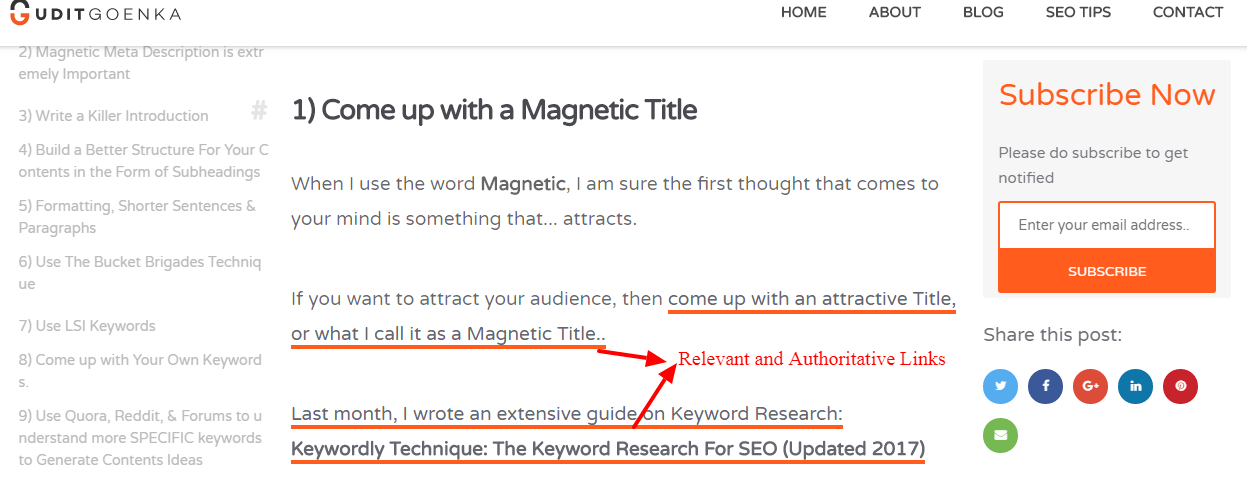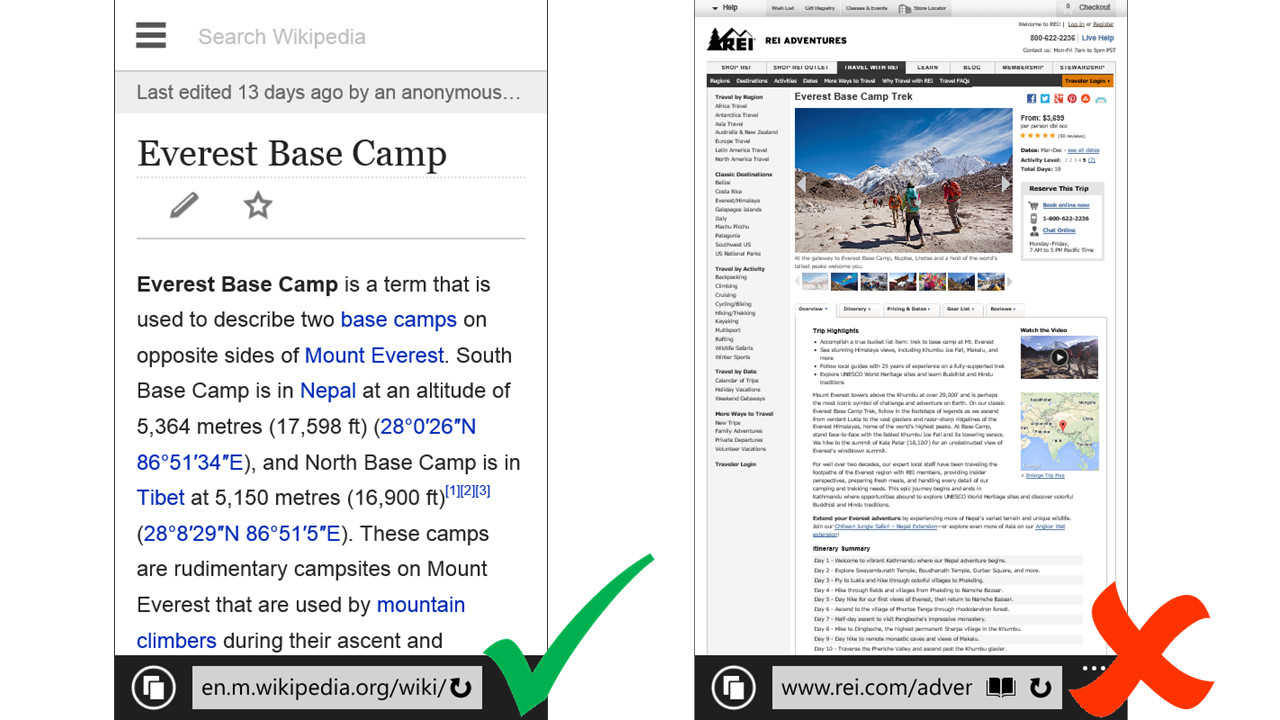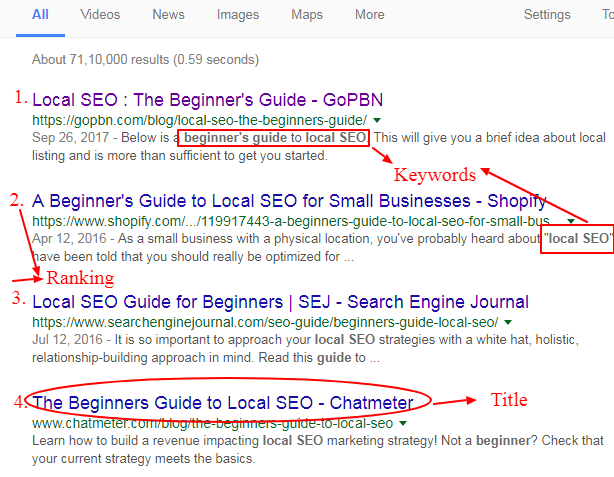If you’ve been keeping up with GoPBN’s blogs as of recent, you may have heard the term “SEO” coming up a few times.
To experienced people on the topic of Public Blog Networks all together, this term is fairly common.
Then that leaves the newcomer to the scene as a whole:
What is SEO?
To lay it down, SEO stands for Search Engine Optimization.
Using Search Engine Optimization entitles websites to be “ranked” by major search engine companies, such as Google or Bing.
This rank signifies whether these search engines put your website at the top of their lists while you are searching for key terms.
To achieve higher rankings in the eyes of the search engines, you must Optimize your Search Engine criteria, hence the term SEO.
Today I’ll be explaining to you just what optimizing your website criteria really means, what search engines do with the information you put on your website.
And exactly how to do the optimizations to your website in proper balance.
1. The Search Engines
So, we’re all familiar with the term:
“Google it.”
Once we “Google” something, websites are presented in a list sorted to what Google believes is the most relevant sources of information.
To find out how high or low Google will put your information on their list, they look at a variety of factors presented in your website.
These factors are then placed into an algorithm which helps Google decide how relevant and precise the information you put on your website really are.
These factors include, but are not limited to:
- Keywords in your website.
- Titles in your work.
- Links to and from your website.
- Length of your work.
- Reputation for your website and links.
- Optimization in the page itself.
Although these are simply the basic terms, SearchEngineLand does an excellent job of presenting ALL factors relevant to the SEO formula in a concise chart here.
“So, Kelvin, what are the basics to these factors?”
Here, I’ll show you.
1st Factor : Keywords
Through the millions of websites out on the web today, these major search engines must be very precise in providing the most relevant information for whatever it is people are looking for.
Your job, as a website owner, is to use the most relevant keywords in your material so the search engine can pick up your website as valid for whatever information it is looking for.
2nd Factor : Titles
Along with having the necessary and proper keywords on your website, you must also include titles that matter on the page itself.
Along with normal titles such as headers for articles, your website code must also have the correct titles in it.
As the search engines view the website titles as summaries of the information listed in it.
I will give an example of how titles plays a major role later in this guide.
If you Google the word “gopbn” you will notice how we are targeting the keyword Private Blog Network and have that in our title.
3rd Factor: Links
Links play a crucial part in any growing website.
Having more links from other websites to your website shows that your website is known and is expanding.
Search engines take note in this, as it shows that your website yields the information which many others see as valuable and relevant all at the same time.
There are, of course, quirks to this process.
Links from certain websites are considered much more valuable than from other websites.

This screenshot shows a good example of how to link to relevant and authoritative sites.
This is due to the fact that major websites, such as Amazon, are credible and have a large user base.
If you’re simply getting links from small websites that are hardly in use, they yield much less value.
Simply put links which are important whether from big reputable websites such as social medias or smaller pages, as they offer information for the algorithms.
4th Factor : Length
Although many may believe that length shouldn’t be of importance when it comes to the world of online websites, in SEO terms, it is very valuable.
Along with quality content on your site, it’s important to also have lengthy content.
A successful website has just the right amount of length AND quality for it to hit that sweet spot in the SEO algorithms for Google or Bing.
However, this doesn’t mean you should fill your page up with useless or repetitive information.
This, in fact, comes back around and actually HURT your ranking scores for Google or Bing.
Flooding your page with useless and repetitive information is just one of the ways that you can hurt your ranking score.
Further read on HURTING YOUR RANKING SCORE later on in the blog.
5th Factor : Reputation
Along with all the previous information that is input into the algorithmic equation of website ranking, the most important part of all is having engaging and fresh content constantly on your page.
If your page is never being updated, for example, why would Google want you to show up at the top of their lists?
This is why being engaged with your information and constantly updating the page gives you a good reputation.
Having more and more quality links by more reputable websites also gives you the edge in reputation.
Having a user base who can follow and trust you is one of the biggest aspects of SEO, as they too will share your information and links wherever they seem fit.
6th Factor : Optimization
In today’s smartphone riddled world it’s important for all users, from smartphone users, logging into your website to regular computer users, to be able to access and maneuver your site as easily as possible.
Have you ever tried opening up a link on your phone and the page room forever to load or simply wouldn’t due to its inability to optimize itself for smartphone users?
I know I have.. and I am sure I can speak for many others that it is an overall very tedious process, as you must then hop on your laptop or regular desktop to view the site itself.
This optimization factor also comes into the group of factors which make up the algorithms for Google or Bing.
If your site isn’t smartphone friendly.
You’ll ALSO be deducted points from your overall ranking score. Simply, make your website convenient for any user on whichever end they may be on to access your site.
Not only will this improve your website’s ranking score for Google or Bing, but this will also open your website up to a broader audience.
Such as those who stumble across your website on a mobile device.
Below is an example of how a mobile-friendly site should be optimized next to how a non-mobile-friendly site lays out its web page.

As shown, the example on the left:
- Has a zoomed in view of the text itself which helps the readability.
- Has an overall condensed view of the information at hand.
The photo on the right, however:
- Is far too zoomed out to be able to view any information without having to zoom into the page.
- Has many on-screen buttons which will more than likely not work efficiently as it is not well designed for mobile use.
2. Ranking
“But what’s a rank?” you may be asking yourself.
As previously reviewed in today’s blog, search engines search for many things during the course of looking for the most relevant, highest quality information out there in websites.
From all those factors, your site is then given a score.
From this score, search engines determine where you show up on the vast list of websites which are relevant to the topic your website covers.
In short, ranking and having a good ranking score means your information will be present to the most amount of people.
Here is a quick example of what ranking is. As I mentioned before, have a Quick look on keywords and titles as well.

People mean traffic, and traffic means business.
In theory, having a higher ranking score means search engines put your page on the top of their search engines when people search for information on your topics.
As mentioned above, following the many factors which make up your score and adding those factors in your website is a sure way to boost up your score.
But…
There is also a flip side to making your rankings go up. After all,
What goes up…
3. Hurting Your Ranking Score
Must come down.
Just as there are ways to cheat on a math test or any sort of scenario, there are ways to “cheat” the SEO system as a whole.
Nowadays, this “cheating” is almost impossible to do due to recent breakthroughs and technologies implemented into the search engine algorithms.
Such as Google Penguin update 4.0 implemented into its Rank Brain Artificial Intelligence Algorithm.
You will find more on that later in the blog.
Now, back to the topic at hand.
Hurting one’s score is very simple, and many new website owners trying to find new ways to make traffic fall into the trap.
Some of the most common forms of hurting one’s ranking are but are not limited to:
- Low-Value Links
- Content Value
- Reputation
- Keyword Spamming
- Manipulative Linking.
Low-Value Links – Easily the most common of the mistakes people make during the beginning of their SEO experience.
People believe the more links they have, the more popular their page will seem. This is true.
However, links from very low reputation websites and websites which are not even credible actually affect your overall score negatively, hurting you in the process.
Content Value – Along with low-value links, low content value serves the same purpose.
If your website is just tons of spam with hardly any updates, don’t expect to be rated higher in the rankings.
Search engines only search for the most up to date information and so forth. Keeping it fresh is what it’s all about!
Reputation – Reputation is key.
If your website is known for having too many annoying ads or simply being slow all the time, you’re going to lose ranking points.
The search engines are looking for the best information and the most reputable information.
A website which tells the truth 100% of the time is what they look for.
Keyword Spamming – Just like spamming links to and from your site can hurt your score, keyword spamming is another factor.
People believe having tons of hot keywords in their websites would make them more reputable, sometimes overlooking the quality of their work.
Spamming too many keywords per web page can affect negatively.
Manipulative Linking – Similar to low-value links, manipulative linking is far more common in today’s world.
Websites redirecting someone back and forth between sites to find something is common now.
This is a big red flag to the search engines to NOT use your website, as it’s simply unjust for such a waste of time to be had.
These are of course only a few of the aspects which will hurt your ranking score in the SEO world, as the list continues.
We shall discuss these further in a more in-depth blog related to SEO.
Now you may be asking yourself..
“So, Kelvin, as long as I have all this information on my page I’ll be set and get to the top of Google’s searching list instantly?”
Although it may seem as easy as that, that isn’t the case in today’s SEO world.
On September 26th, 2016 Google announced that Google Penguin 4.0 was now officially part of Google’s Core Algorithm.
But what is Google Penguin 4.0?
In short, Google Penguin 4.0 is an add-on to Google’s algorithmic searches through Rank Brain.
Practically in real time as information is posted or reviewed, Google is able to almost instantly rank the information and to differ between true information and phony links with spam and such.
What’s it mean to you, the consumer?
This can have one of two effects:
- With real-time refreshing on certain websites, your site may not have to sit in the bottom of the rankings as long as you pump relevant, popular, and non-spam information.
This will overall increase your traffic rate as Google will have an upper hand when revealing relevant and up to date information.
- If you are more of a shady SEO owner which spams repetitive information which may or may not be true, you’ll be penalized in a faster matter.
Overall, the Google Penguin 4.0 update into the core of Rank Brain algorithm which Google has used for ages, is a step in the right direction.
As a new up-and-coming website owner simply looking for an increase in traffic through plausible means, such as following the steps to better ranking, this is a great opportunity for you to flourish.
As for the more shady website owners and such, this can hurt you unless you begin to make changes.
To Conclude:
There are, of course, many more aspects in the world of SEO.
But today we were able to go over the basics as to what SEO is, how SEO works as a whole with internet search engines, some simple Do’s and Dont’s, and how you rank can be affected either positively or negatively.
Do not fret though, as there shall be a far more in-depth guide in the vast world of SEO later on in GoPBN’s future blogs.
If you loved this article then do not forget to share it with your friends and also subscribe to get the latest news in the SEO industry and for the upcoming post for a more in-depth look into SEO as a whole.